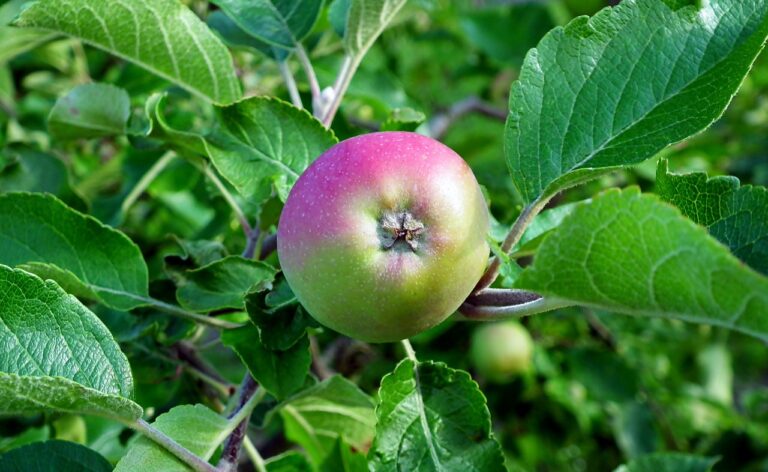The Science Behind Food Fermentation and Health
Food fermentation is a natural process that involves the breakdown of carbohydrates by microorganisms like bacteria, yeast, and molds. These microorganisms metabolize the sugars in food, producing compounds like acids and gases, which can impart unique flavors and textures to the final product. Fermentation can happen spontaneously or be controlled by adding specific starter cultures, depending on the desired outcome.
During fermentation, the microorganisms present in the food produce enzymes that break down complex molecules into simpler forms that are easier for our bodies to digest. Additionally, the presence of beneficial bacteria in fermented foods can promote gut health by enhancing the diversity of the microbiota in our digestive system. The fermentation process also helps to preserve food, making it last longer and reducing the risk of spoilage.
How does fermentation impact the nutritional content of foods?
Fermentation plays a crucial role in enhancing the nutritional content of foods by increasing their bioavailability and digestibility. Through the process of fermentation, beneficial bacteria and enzymes break down complex compounds in foods, making essential nutrients more accessible for absorption in the body. For example, fermentation of grains can lead to the production of probiotics, which promote gut health and improve nutrient absorption.
Additionally, fermentation can increase the levels of certain vitamins and minerals in foods. For instance, the fermentation of vegetables like cabbage into sauerkraut can significantly boost their vitamin C content. This increase in nutrients is mainly attributed to the fermentation process activating enzymes that synthesize vitamins and break down anti-nutrients, resulting in a more nutrient-dense final product.
What is food fermentation?
Food fermentation is a process in which microorganisms, such as bacteria, yeast, or mold, break down carbohydrates and sugars in food into acids or alcohol. This process helps preserve food and enhance its flavor.
How does food fermentation work?
During fermentation, microorganisms consume sugars and carbohydrates in food and produce beneficial compounds like vitamins, enzymes, and probiotics. These compounds not only improve the taste and texture of the food but also enhance its nutritional value.
How does fermentation impact the nutritional content of foods?
Fermentation can increase the nutritional content of foods by increasing the bioavailability of nutrients, such as vitamins and minerals, making them easier for our bodies to absorb. It can also produce additional nutrients like beneficial bacteria, enzymes, and amino acids that promote gut health and overall well-being.







